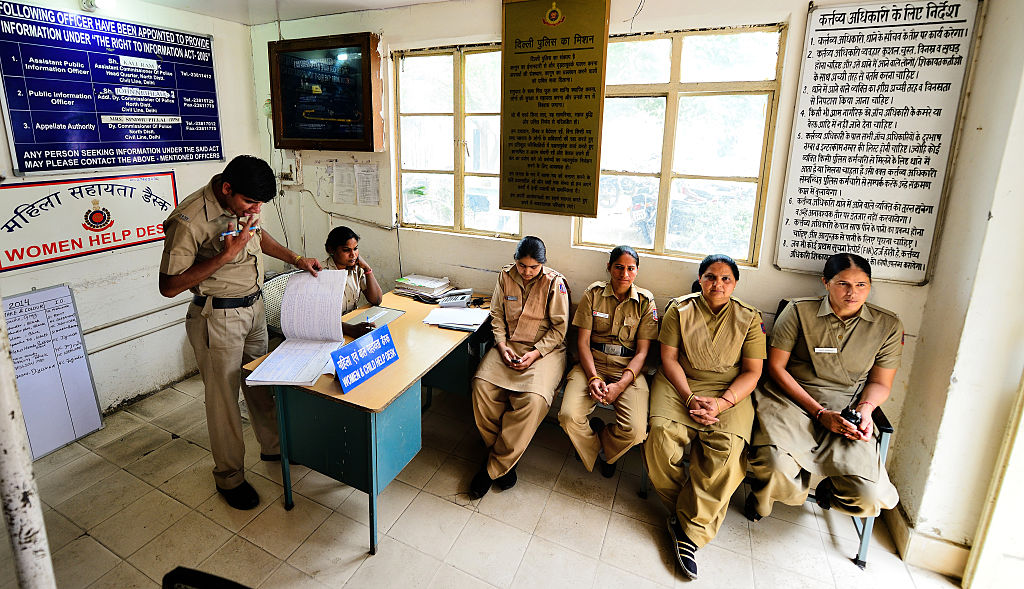In India, women experiencing gender-based violence are hesitant to contact the police for fear of societal retaliation, social stigma, low conviction rates and maltreatment by the predominantly male police force. To address this, women’s police stations — staffed by female police officers — were established. Women’s police stations intend to provide a safe space for women to access formal legal services.
The Hard to Reach
Women experiencing gender-based violence throughout India.
Key Takeaways
Although women’s police stations have been successful in increasing reporting rates, India’s criminal justice system has failed in substantially improving conditions for women.
- The backlog in the policing and court systems overshadows the strides made by women’s police stations in increasing reporting rates, since the majority of crimes that are reported fail to be investigated or resolved in a timely manner.
- The lack of trust in the Indian justice system and the societal attitudes toward violence against women worsens attempts to shift to a more gender-equitable future.
Acknowledgements
This research was made possible through the Reach Alliance, a partnership between the University of Toronto’s Munk School of Global Affairs & Public Policy and the Mastercard Center for Inclusive Growth. Research was also funded by the Ralph and Roz Halbert Professorship of Innovation at the Munk School of Global Affairs & Public Policy. We express our gratitude and appreciation to those we met and interviewed. We are also grateful to Professor Raji Jayaraman for her mentorship through this research project.
This research was vetted and received approval from the Ethics Review Board at the University of Toronto. Research was conducted virtually during the COVID-19 pandemic in compliance with local public health measures.







